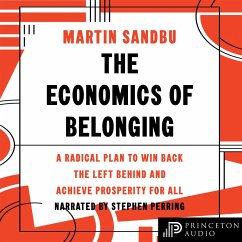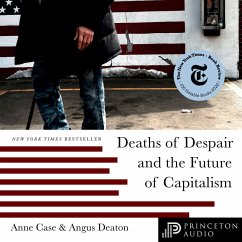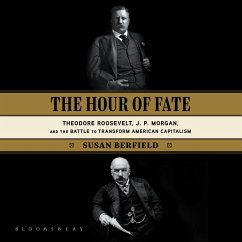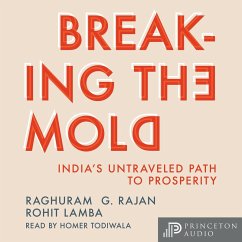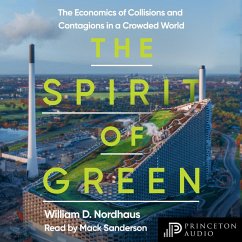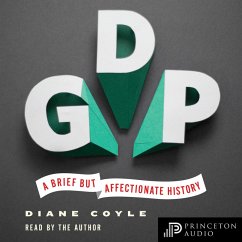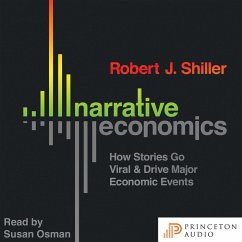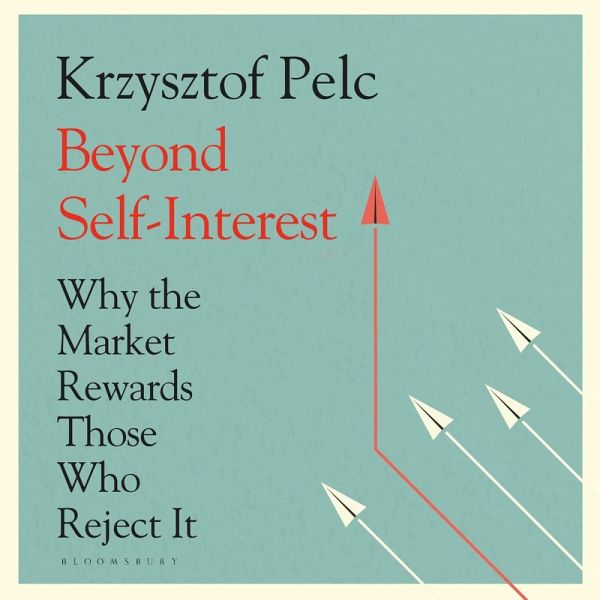
Beyond Self-Interest (MP3-Download)
Why the Market Rewards Those Who Reject It Ungekürzte Lesung. 660 Min.
Sprecher: Judd, Thomas

PAYBACK Punkte
9 °P sammeln!
Bloomsbury presents Beyond Self-Interest by Krzysztof Pelc, read by Thomas Judd. A fascinating book, bursting with paradoxes, riddles and counterintuitive ideas that will challenge some of your strongest beliefs about how society works' Daniel Susskind 'It takes scholarly courage and knowledge to upend Adam Smith, but this is what Krzysztof Pelc has done . . . Profound and brilliant' Robert Skidelsky __________________ In his first book, brilliant young political economist Krzysztof Pelc overturns our understanding of how self-interest works. We've learned that the way to get ahead is through ...
Bloomsbury presents Beyond Self-Interest by Krzysztof Pelc, read by Thomas Judd. A fascinating book, bursting with paradoxes, riddles and counterintuitive ideas that will challenge some of your strongest beliefs about how society works' Daniel Susskind 'It takes scholarly courage and knowledge to upend Adam Smith, but this is what Krzysztof Pelc has done . . . Profound and brilliant' Robert Skidelsky __________________ In his first book, brilliant young political economist Krzysztof Pelc overturns our understanding of how self-interest works. We've learned that the way to get ahead is through strong will, grit and naked ambition. The belief that self-interest makes the world go round has served us well: it has helped make our society more affluent. But does that premise still hold? In Beyond Self-Interest, Krzysztof Pelc argues that those who prosper increasingly do so by spurning prosperity, or by convincing others that they are pursuing passion, purpose, love of craft – anything but their own self-advancement. From the Puritans, who followed a religious calling and yet made a killing; to the fastest-growing firms of today, who claim to be 'changing to the world' through 'doing what they love', declaring passion over profit is a profitable move. A bold, incisive and original work that draws on three centuries of intellectual thought, Beyond Self-Interest is a book to upend how we relate to capitalism. What if the true driver of market society is not the appearance of self-interest, but its opposite? __________________ 'Lucid, smartly written ... A welcome intervention into the debate surrounding the future of liberalism' Financial Times
Dieser Download kann aus rechtlichen Gründen nur mit Rechnungsadresse in A, D ausgeliefert werden.





